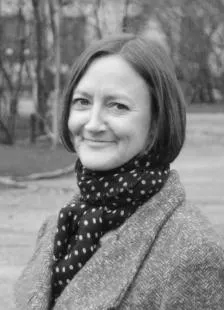More information, and a link for downloading the article at journals.lub.lu.se
Abstract:
Almost 70 years after the Palestinian displacement, many Palestinian refugee youth in the Middle East are still in schools run by a UN agency, the United Nations Relief and Work Agency for Palestine Refugees in the Near East (UNRWA). As other educational systems, UNRWA schools are not gender neutral. In the West Bank refugee camps where this study was conducted, girls were often more engaged in their schooling and achieved better than boys.
Building on qualitative interviews and observations in schools and in families, this article investigates such gendered engagements in school.
The main argument is that different cultural expectations on boys and girls and different imaginations of their futures (which are related to the present economic and political context) make boys and girls engage differently in their schooling.
Because of a dire economic situation, women’s wage labor is increasingly valued and therefore also higher education for women. At the same time, the crisis adds to ambivalences to male youth who traditionally has been actively engaged in resistance activities. With policy changes in UNRWA that aims to keep politics out of school, boys find school increasingly pointless. Their local social networks are, on the other hand, very valuable as to get employed. Despite the stalemate in the occupied territories, Palestinian gender relations are changing.


